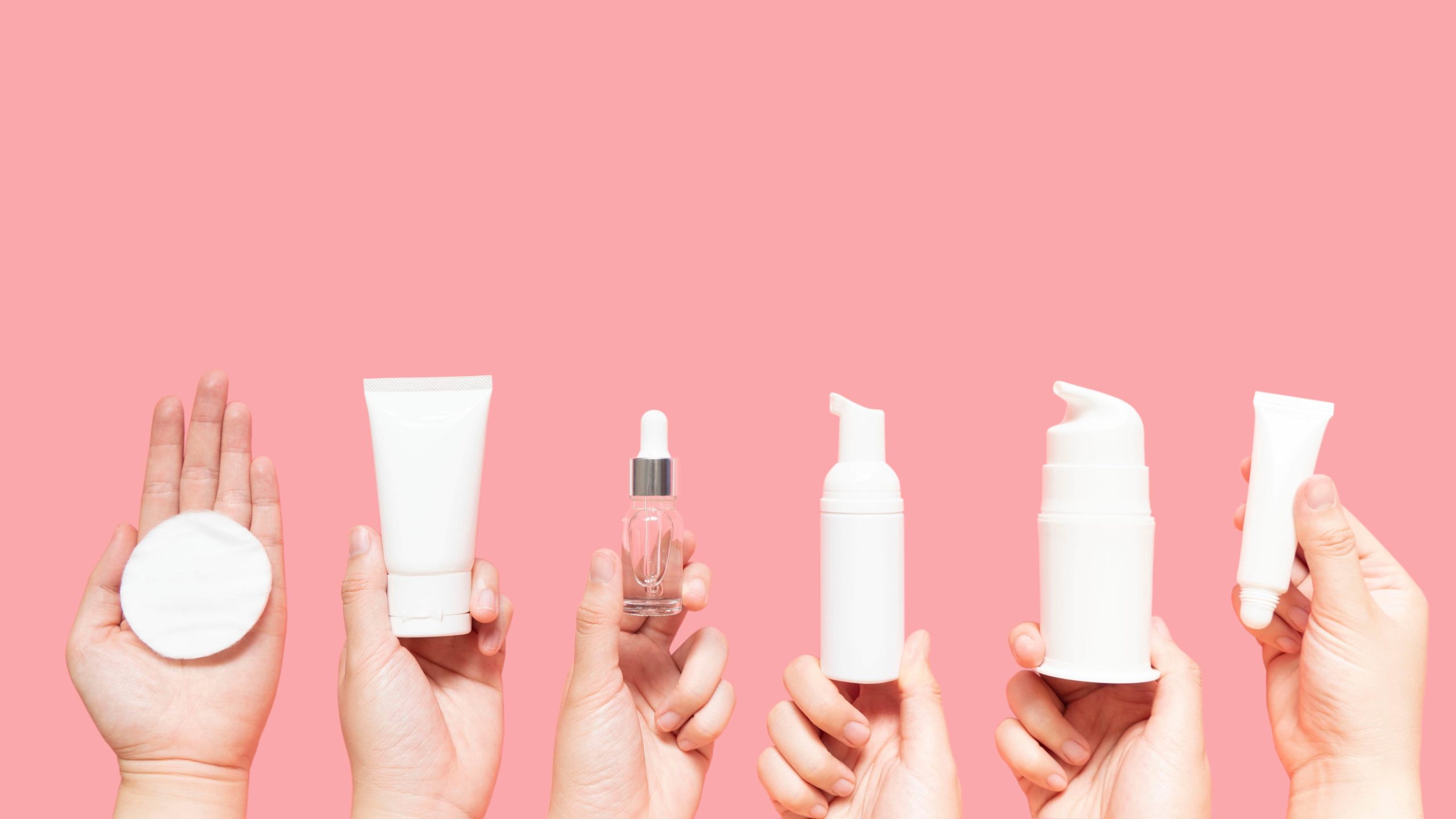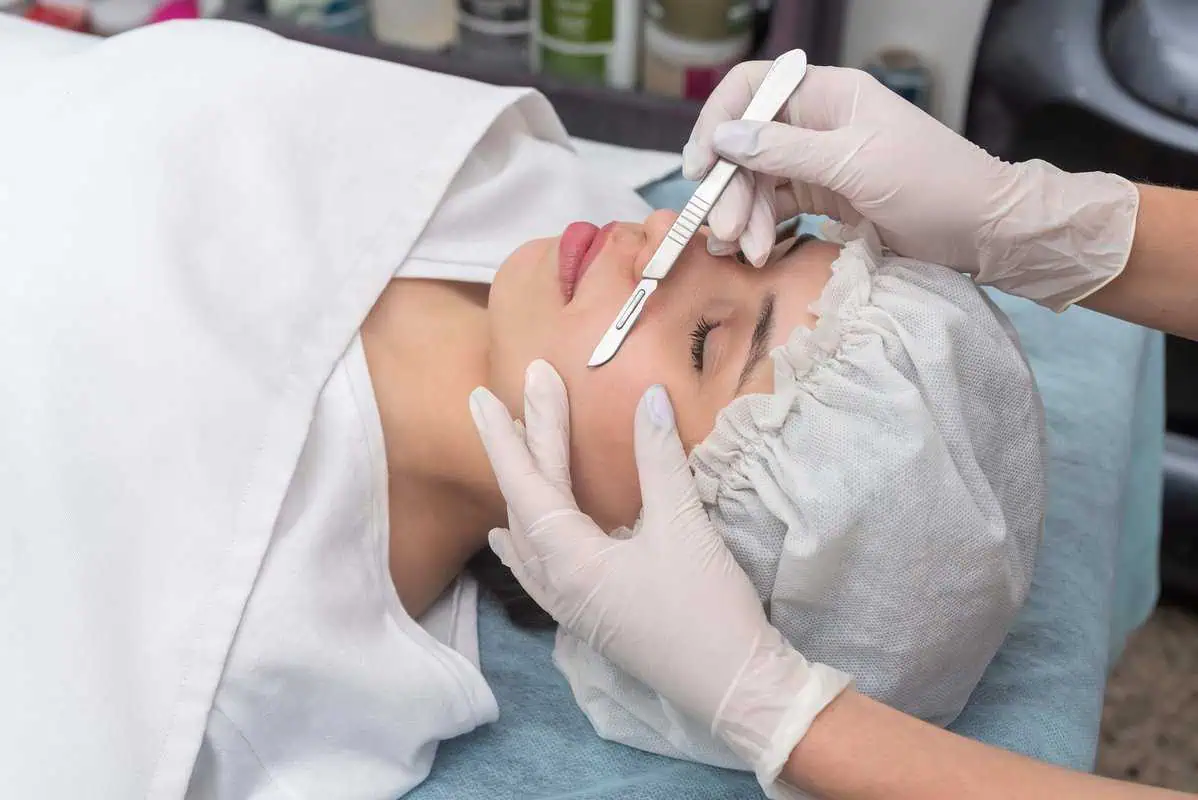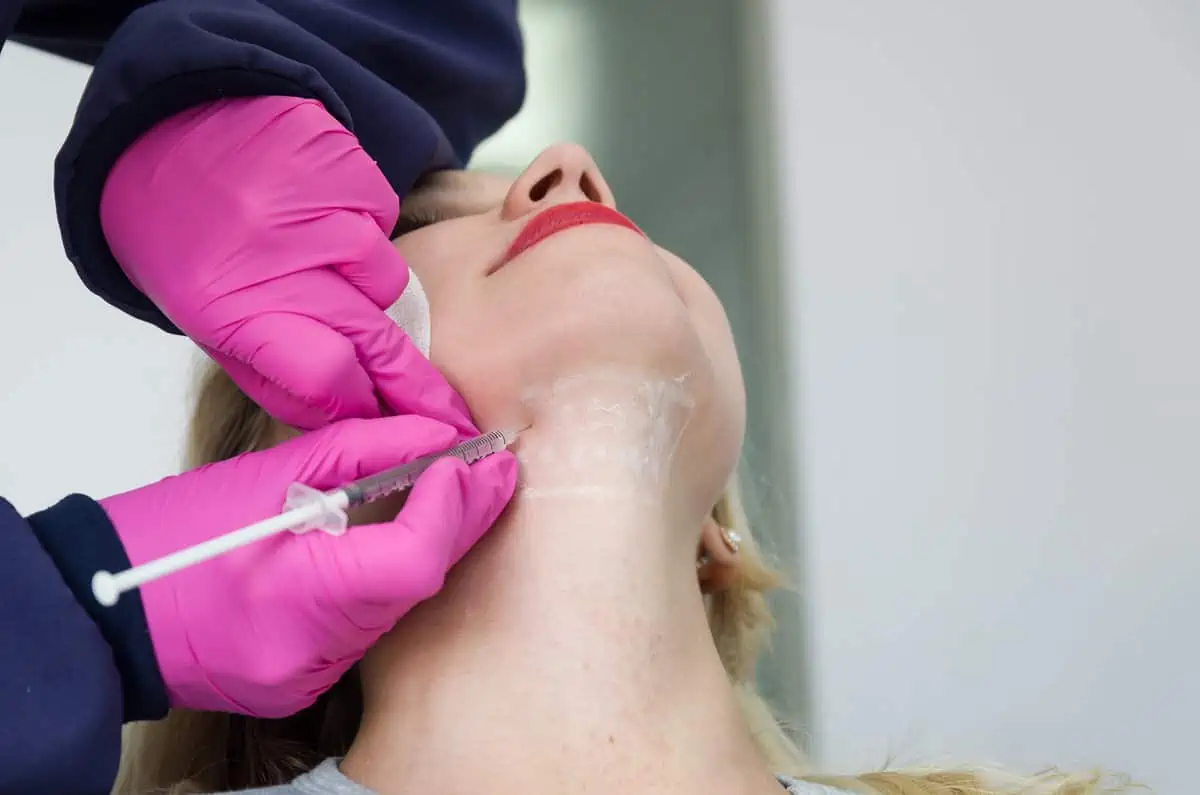Introduction
Sensitive skin can often feel like a constant battle, as it reacts to various triggers and requires extra care and attention. You may have sensitive skin if you’ve ever experienced redness, irritation, or discomfort after using certain skincare products or being exposed to environmental factors. Understanding and managing this skin type is crucial for maintaining a radiant, healthy complexion.
This blog post will delve into skincare for sensitive skin, providing valuable tips and product recommendations to help you effectively manage and treat skin sensitivity. We will explore the causes of sensitive skin, its distinguishing characteristics, and how to differentiate it from other skin conditions. Understanding your skin’s unique needs enables you to make informed choices promoting health and well-being.
Caring for sensitive skin requires a gentle and cautious approach, and we will outline various strategies to help you navigate this journey. From establishing a suitable cleansing routine to selecting the right moisturizers and sunscreens, we’ll cover essential steps that can alleviate sensitivity and improve your skin’s resilience. Skincare isn’t just about topical products; it also involves making mindful lifestyle choices. We’ll discuss the impact of certain lifestyle factors and dietary considerations on sensitive skin and provide stress management techniques to reduce skin reactivity. It’s important to remember that skincare is a holistic process encompassing external care and internal well-being.
While this blog post offers valuable insights and recommendations, we must emphasize the significance of consulting a dermatologist for personalized advice. They can provide expert guidance, diagnose underlying conditions, and recommend specific treatments and procedures tailored to your sensitive skin.
By the end of this blog post, you will have a comprehensive understanding of managing and treating sensitive skin effectively. We aim to empower you with knowledge and practical tips so that you can embrace and celebrate your skin’s unique beauty while keeping it healthy and resilient. Let’s embark on this journey together and unlock the secrets to a successful skincare routine for sensitive skin.
Understanding Skin Sensitivity
Common causes of skin sensitivity
Sensitive skin can have various triggers, and understanding the underlying causes is crucial for effectively managing and treating it. Some common causes of skin sensitivity include genetic factors, environmental influences, and lifestyle choices. Genetic predisposition can make the skin more prone to sensitivity, while environmental factors such as harsh weather conditions, pollution, and UV radiation can exacerbate the skin’s reactivity. Lifestyle choices like harsh skincare products, excessive exfoliation, and frequent irritant exposure can also contribute to skin sensitivity.
Identifying signs and symptoms of sensitive skin
Recognizing the signs and symptoms of sensitive skin is key to addressing the issue promptly. Typical symptoms include redness, itchiness, tightness, dryness, and a tendency to develop rashes or breakouts quickly. Sensitive skin may also react to certain skincare products, causing immediate or delayed irritation. It’s important to note that sensitivity can vary in intensity, and individuals may experience different combinations of symptoms. Understanding your skin’s unique reactions will help you tailor your skincare routine accordingly.
Differentiating sensitive skin from other skin conditions
Sensitive skin can sometimes be mistaken for or coexist with other skin conditions. It’s essential to differentiate between sensitive skin and conditions like rosacea, eczema, or contact dermatitis. Rosacea typically involves persistent redness and visible blood vessels, often accompanied by acne-like bumps. Eczema manifests as dry, itchy patches, while contact dermatitis results from an allergic reaction to specific substances. Consulting a dermatologist can help determine the exact nature of your skin concerns and guide you toward appropriate treatment options.
Tips for Managing and Treating Sensitive Skin
Gentle Cleansing Routine
Maintaining a gentle cleansing routine is paramount for sensitive skin. Opt for mild, fragrance-free cleansers that are specifically formulated for sensitive skin. Avoid harsh scrubbing or exfoliation, as these can strip the skin of natural oils and disrupt its delicate balance. Instead, use lukewarm water, a soft cloth, or your fingertips to cleanse your face, and pat dry gently with a clean towel.
Moisturizing for Hydration and Barrier Protection
Moisturizing is essential for sensitive skin as it helps to hydrate the skin and strengthen its natural barrier function. Look for moisturizers with minimal ingredients and no potential irritants such as fragrances or dyes. Ingredients like hyaluronic acid, ceramides, and aloe vera can provide soothing hydration. Apply moisturizer immediately after cleansing while the skin is still slightly damp to lock in moisture effectively.
Sun Protection
Sensitive skin can be more susceptible to sunburn and irritation, so sun protection is crucial. Choose broad-spectrum sunscreens with physical filters like zinc oxide or titanium dioxide, as these are less likely to irritate than chemical sunscreens. Opt for a gentle formulation that is fragrance-free and suitable for sensitive skin. Apply sunscreen generously and reapply every two hours, especially if you spend prolonged outdoors.
Avoiding Irritants and Allergens
Identifying and avoiding common irritants and allergens in skincare products can help minimize sensitivity flare-ups. Read product labels carefully and avoid ingredients like alcohol, fragrances, artificial dyes, and sulfates. Opt for products labeled as hypoallergenic or specifically formulated for sensitive skin. Consider patch-testing new products on a small skin area before applying them to your face.
Patch Testing New Products
Before introducing a new skincare product into your routine, conducting a patch test is essential. Apply a small amount of the product to an inconspicuous area of your skin, such as the inner forearm, and observe for any adverse reactions over 24 to 48 hours. If no irritation or sensitivity occurs, using the product on your face is generally safe. However, if you experience redness, itching, or other signs of irritation, refrain from using the product.
Conclusion
Caring for sensitive skin requires knowledge, patience, and a tailored approach. By understanding the causes and recognizing the signs of sensitivity, you can make informed choices to manage and treat your skin effectively. Throughout this blog post, we have provided valuable tips and product recommendations to help you on your sensitive skin journey.
Remember, maintaining a gentle cleansing routine, moisturizing regularly, and prioritizing sun protection are fundamental steps in managing sensitive skin. Avoiding irritants and allergens, and patch-testing new products, can also help prevent potential flare-ups and reactions. The recommended skincare products mentioned can serve as a starting point for building a sensitive skin-friendly regimen.
It’s important to recognize that skin care is a holistic process. Lifestyle choices, such as avoiding excessive stress and incorporating a healthy diet, can complement your skincare routine and contribute to overall skin health.
While this blog post has offered valuable insights, it’s essential to consult a dermatologist for personalized advice. They can comprehensively assess your skin’s needs, diagnose any underlying conditions, and recommend specific treatments and procedures tailored to your sensitive skin. If you’re looking for professional skin care services, we encourage you to reach out to Jfab LLC, DBA The Aesthetics Society. They are experts in the field and can guide you toward the best course of action.
Remember, sensitive skin is unique and beautiful. Embrace and celebrate your skin’s diversity; with the right care and attention, you can achieve a healthy and radiant complexion.






